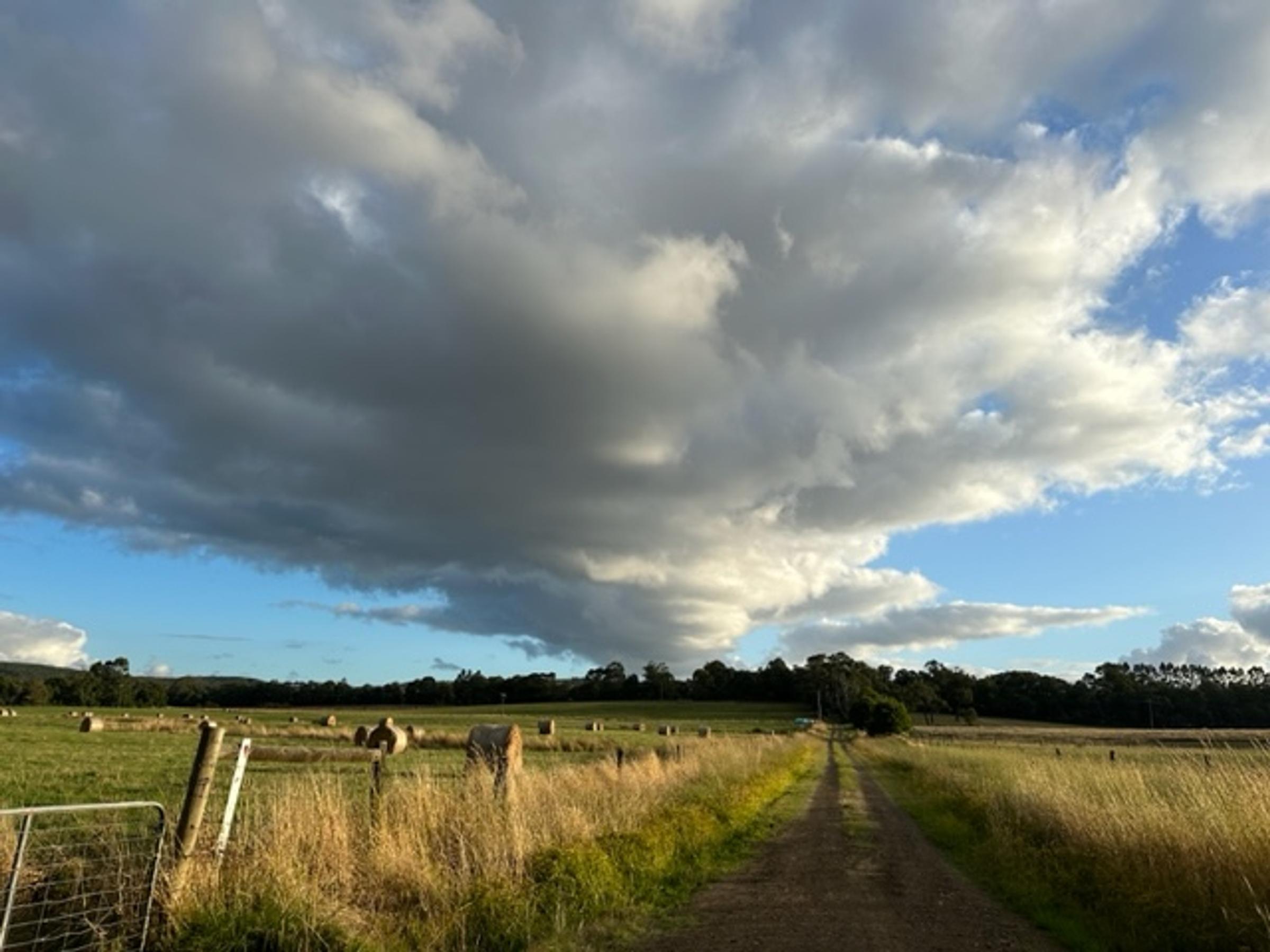REFLECTION

Gospel
Jesus proposed another parable to the crowds, saying: “The kingdom of heaven may be likened to a man who sowed good seed in his field. While everyone was asleep his enemy came and sowed weeds all through the wheat, and then went off.
When the crop grew and bore fruit, the weeds appeared as well. The slaves of the householder came to him and said, ‘Master, did you not sow good seed in your field? Where have the weeds come from?’ He answered, ‘An enemy has done this.’ His slaves said to him, ‘Do you want us to go and pull them up?’ He replied, ‘No, if you pull up the weeds you might uproot the wheat along with let them grow together until harvest; then at harvest time I will say to the harvesters, “First collect the weeds and tie them in bundles for burning; but gather the wheat into my barn.”
He proposed another parable to them. “The kingdom of heaven is like a mustard seed that a person took and sowed in a field. It is the smallest of all the seeds, yet when full-grown it is the largest of plants. It becomes a large bush, and the ‘birds of the sky come and dwell in its branches.”He spoke to them in another parable. “The kingdom of heaven is like yeast that a woman took and mixed with three measures of wheat flour until the whole batch was leavened.”
All these things Jesus spoke to the crowds in parables. He spoke to them only in parables, to fulfil what had been said through the prophet: I will open my mouth in parables, I will announce what has lain hidden from the foundation of the world. Then, dismissing the crowds, he went into the house. His disciples approached him and said, “Explain to us the parable of the weeds in the field.” He said in reply, “He who sows good seed is the Son of Man, the field is the world, the good seed, the children of the kingdom. The weeds are the children of the evil one, and the enemy who sows them is the devil. The harvest is the end of the age, and the harvesters are angels.
Just as weeds are collected and burned up with fire, so will it be at the end of the age. The Son of Man will send his angels, and they will collect out of his kingdom all who cause others to sin and all evildoers. They will throw them into the fiery furnace, where there will be wailing and grinding of teeth. Then the righteous will shine like the sun in the kingdom of their Father. Whoever has ears ought to hear.”
Matthew 13: 24-43
Reflection
Jesus tells a second parable about sowing seeds, this time about two sowers — one who sows good seed to grow wheat, and the enemy who sows weeds among the wheat. Like the parable of the sower, the parable of the wheat and weeds offers a perspective on opposition to Jesus. The sower has sown good seed in his field for a healthy wheat harvest. But in the dark of night an enemy came and sowed weeds among the wheat. “So when the plants came up and bore grain, then the weeds appeared as well” (13:24-26). What Matthew most likely refers to, however, is darnel or cockle, a noxious weed that closely resembles wheat and is plentiful in Israel. The difference between darnel and real wheat is evident only when the plants mature and the ears appear. The ears of the real wheat are heavy and will droop, while the ears of the darnel stand up straight. When the householder’s slaves notice the weeds, their first response is to question the quality of the seed. “Master, did you not sow good seed in your field? Where, then, did these weeds come from?” (13:27) When the master replies that an enemy has sown the weeds, the slaves are anxious to take care of the problem, to root those nasty weeds right out. But the master restrains his servants, saying that in gathering the weeds they would uproot the wheat along with them. He orders them to let both grow together until the harvest. Then he will send out his reapers to collect and burn the weeds and to gather the wheat into his barn. Jesus says that the reapers — not the servants — will take care of this at harvest time. “The Son of Man will send his angels, and they will collect all causes of sin and all evildoers, and they will throw them into the furnace of fire, where there will be weeping and gnashing of teeth. It is the angels — not any human beings — who are authorised to pluck out the weeds from the wheat. This is hyperbolic language, of course, meant to jar us into recognising the seriousness of anything that leads us or others into sin. So perhaps we should not press the logic of the parable too literally. In the world we know, weeds do not become wheat. Perhaps there were some overzealous “weeders” in Matthew’s congregation who wanted to purify the community by rooting out the bad seed? This seems to be a temptation for followers of Jesus in every age. We whip ourselves into a weeding frenzy, certain that we know the difference between weeds and wheat, and that we know how to deal with the weeds! Jesus’ parable makes clear that any attempt to root out the weeds will only do more damage to the crop. This has played out far too many times in congregations and denominations, with some determined to root out anyone who does not agree with the “right” interpretation of Scripture, liturgical practice, or stand on a particular issue. There are also those who pronounce judgement on people outside the church — on people of other faiths, for instance — declaring them to be destined for eternal damnation. Whether judgement is focused within the church or without, it does serious damage to the church and its mission. Jesus makes clear that we simply cannot be certain who is “in'' or who is “out.” In fact, God’s judgement about these matters will take many by surprise. Thank God it is not up to us! We can leave the weeding to the angels, and get on with the mission Jesus has given us — proclaiming the good news of the kingdom of God drawing near.
Julie Leonard Religious Education Leader/Wellbeing Leader
